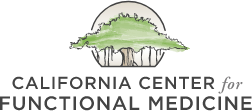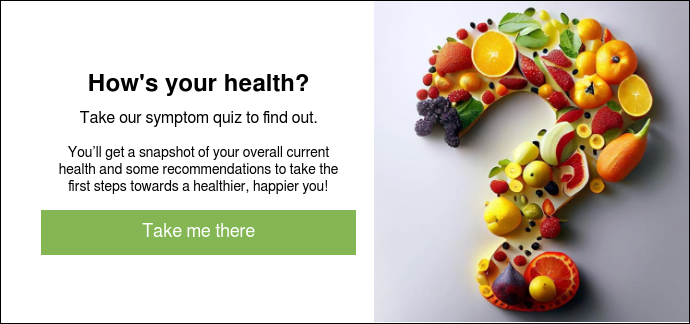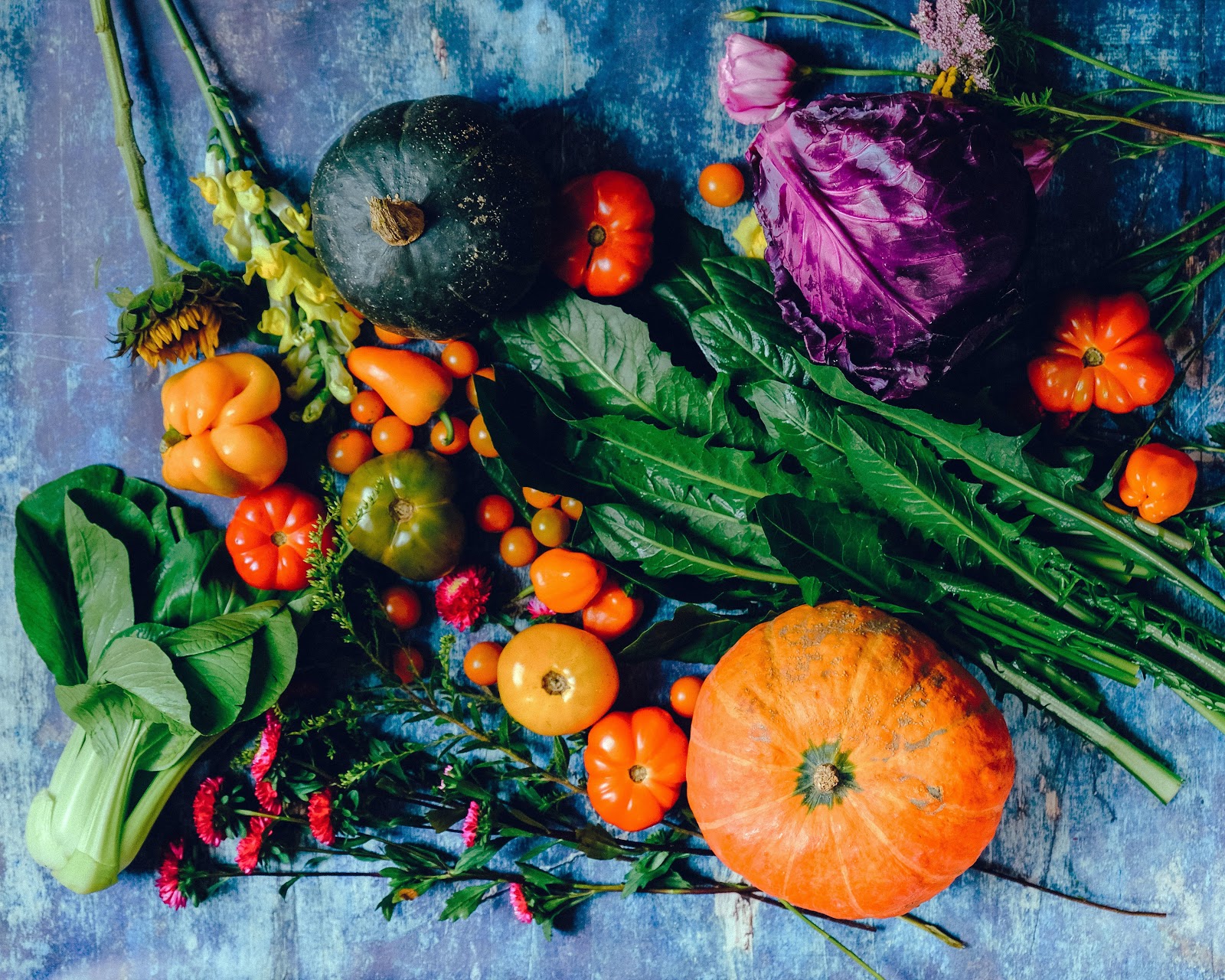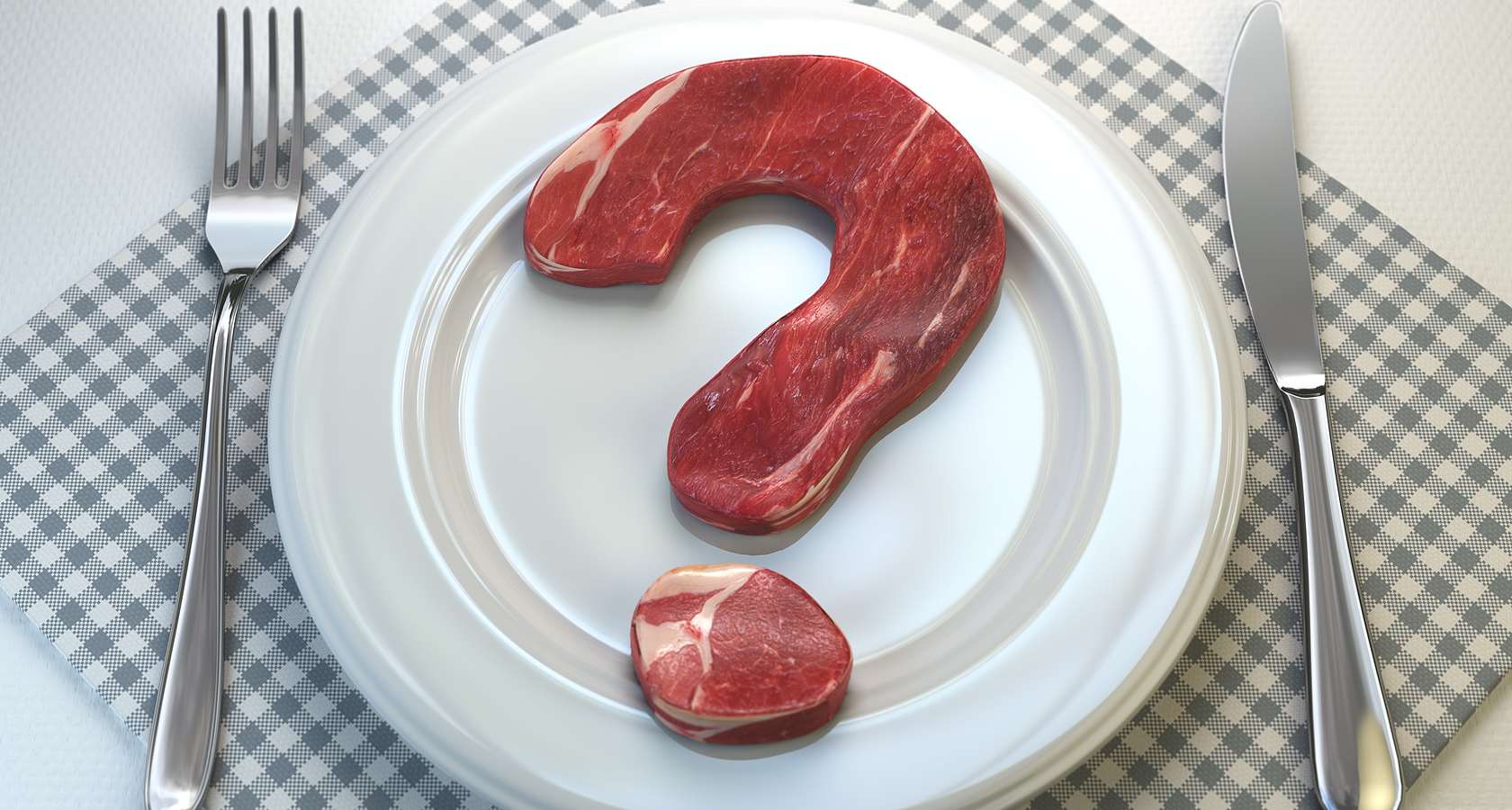"And once the storm is over, you won’t remember how you made it through, how you managed to survive. You won’t even be sure, whether the storm is really over. But one thing is certain. When you come out of the storm, you won’t be the same person who walked in. That’s what this storm’s all about."
// Haruki Murakami
The beautiful quote by the Japanese author, Haruki Murakami, quickly became a guiding force for me while navigating my health journey with chronic late-stage Lyme disease (Lyme). Before experiencing the onset of symptoms that I now know are related to Lyme, I took my health for granted. My symptoms popped up during my last year of college when I didn’t recognize the importance of mental health and how closely related it is to physical health. Lyme evades the immune and nervous systems, so one can imagine how my lack of awareness between the mental and physical connection led to system failure.
Lyme threw me in the deep end of navigating mental health. My physical health depended on my ability to learn about the depths of my mind, my inner world, what made me happy, what made me sad, what invigorated me, or what sent me into a flare. It was sink or swim. This insidious disease taught me that I need to have my own roots and an understanding of my inner world in order to weather the storm. This is where I coined the phrase that Lyme is the permission slip to the field trip of a lifetime.
Lyme formed an intimate connection between my physical and mental health, allowing me to ignite my empathic abilities, to see the world through a lens of compassion, curiosity and depth like I never used to. It granted me the opportunity to pursue a career that gives me energy, unlike the career path I was on prior to my diagnosis.
My story starts my senior year of college while I was studying Environmental Engineering at Cal Poly San Luis Obispo. My Type A personality and discipline made me an excellent student. I took my time to thoroughly understand the content and put in extra hours to study when needed. This allowed me to get good grades, but I always felt like something was missing. I lacked a sense of connection and purpose with my coursework. This made my studies feel more like obstacles I needed to overcome, rather than looking at my learning experience as an immense privilege and opportunity. I carried a lot of guilt for my lack of enthusiasm towards my engineering classes and often felt like an alien among my classmates, who seemed to enjoy the content.
The onset of mysterious digestive issues and fatigue during my senior year of college didn’t help the inner turmoil I was feeling towards choosing a degree that seemed to intimidate me more than excite me. I saw several doctors during this time and most told me my symptoms were related to stress. I eventually found a physician who diagnosed me with small intestinal bacterial overgrowth (SIBO) and a full-blown peanut allergy. I was also advised to see a registered dietitian nutritionist (RDN) who specialized in food sensitivity testing. At that time, I didn’t realize how monumental that referral would be for me.
I had always had an interest in food and it’s connection to our health, but it never occurred to me it was possible to make an entire career around nutrition. Through working with the RDN on my own health, I quickly discovered I had an intense fascination for learning all things nutrition. It reminded me how powerful it felt to learn about something that I loved, a feeling I hadn’t felt in most of my engineering classes. I suddenly felt like an insatiable sponge that couldn’t stop listening to nutrition podcasts or telling other people about my latest nutrition discoveries. Another bonus of working with the RDN - I was able to find a dietary approach that worked for me; essentially a whole foods-based, anti-inflammatory diet. Although some of my symptoms persisted, working with the RDN and using food as medicine allowed me to enjoy a better quality of life on a daily basis. It was amazing for me to experience the healing powers of food first-hand. I couldn’t shake the feeling of inspiration and fascination learning about nutrition brought me. Is this what it felt like to be passionate about something?
In following the path that life had laid out for me at the time, I graduated from Cal Poly with my B.S. in Environmental Engineering after spending the summer treating SIBO and discovering the world of using food as medicine. After graduation, I took a full time position with a consulting engineering firm in Austin, Texas. My health issues were manageable during that time, and I was even able to run a couple half marathons and eventually a full marathon. However, the physical demands the marathon placed on my body coupled with the inner turmoil I still felt regarding my disconnect with engineering continued to take a toll on my immune system.
The familiar debilitating digestive issues that I had held at bay crept back and new symptoms popped up, including frequent cold sores, increased food sensitivities, joint and muscle pain that never seemed to go away, intense mood swings, and random panic attacks. I felt like a passenger in my own body, which was odd for someone who grew up as an athlete and prided themselves on being in touch with their body. Thinking SIBO had relapsed, I sought help from a functional medicine doctor. Without testing me, he re-diagnosed me with SIBO and promptly placed me on two heavy-duty antibiotics. Those antibiotics only seemed to make things worse and I experienced intense side effects. After the antibiotics, we worked together through a gut rehabilitation protocol and did routine bloodwork, but everything seemed to look okay. I even got a colonoscopy and endoscopy to further rule out anything more serious. Those results indicated small duodenal ulcers, but none were indicative of cancer, IBD, or Celiac Disease.
After seeing this doctor for almost two years, he concluded the root of my health issues must be emotionally driven. I had previously confided in him about the stress I faced at work and how I was looking into alternative career paths. This doctor’s conclusion left me feeling frustrated, invalidated and also a little self-conscious. Were all these symptoms in my head? Was I making all this up because I was so unhappy with my job? In the end, I listened to my intuition that kept telling me there was a root cause for all these symptoms, so I left that doctor in pursuit of getting my health back.
This is where I found the wonderful team at the California Center for Functional Medicine (CCFM). The level of testing they performed was more comprehensive than anything I had done before and the level of validation I received was unparalleled to anything I’d experienced in the healthcare system. Through vigorous testing and the practitioners’ compassionate listening abilities, we uncovered gut dysbiosis, key vitamin and mineral deficiencies, multiple chronic viral infections, heavy metal toxicity, and chronic Lyme disease with Bartonella. While the diagnoses were overwhelming, I also felt like I could breathe deeply for the first time in years. There was a reason for the hip pain I felt every time I went for a run that physical therapy couldn’t heal, the crippling anxiety that never went away despite how much yoga or meditation I did, the emotionally taxing brain fog, the searing neck pain and the endless nausea.
Receiving those diagnoses validated my desire to jump ship on my engineering job. As a practical and logical person, I had been searching for a reason to leave my job and pursue my passions. I knew I wanted to help others in the healthcare space to help them avoid the medical trauma I had experienced for years. I spent the last several years working full-time as an engineer exploring what medical school would look like, how I could become a physician assistant, or what life would be like as an RDN. In the end, I chose to become an RDN because I knew my core interests fell within the realm of nutrition.
After discovering how much help my body needed, I knew I needed to cultivate an environment that provided all the tools it needed to heal, and that included removing the aspects of my life that felt very out of alignment. I vividly remember the day I put in my resignation at my engineering job. I was incredibly nervous because I’ve never been good at confrontation. In some ways, it seemed silly that I was walking away from the stability and status of this job to pursue my passion for helping others. I’m happy to report that my supervisors and coworkers were some of my biggest supporters for making this career change. This proved that most people just want others to be as happy as possible, and even if that includes making a change, they will be supportive. Experiencing all their support made everything feel right and like divine timing.
My Lyme diagnosis gave me the permission slip to board the bus to the best field trip of my life. It gave me the nudge I needed to leave behind what wasn’t serving me and pursue what I consider to be my calling. Helping others with their health and educating others about nutrition and food feels effortless to me. This is where I am in the flow of my life. I’m now in graduate school to get my Masters in Human Nutrition and Dietetics in pursuit of becoming an RDN. I’m about six months into my Lyme treatment protocol with CCFM and have experienced profound changes to my health. I feel immense hope and excitement for my future, which was something I had trouble feeling prior to my diagnosis. Lyme has been extremely challenging for many reasons, but it’s also given me the greatest gifts in life. As Haruki Murakami says, we won’t know when the storm is over and we definitely won’t be the same person, but that’s what the storm is all about. It offers us an opportunity to be changed and renewed.
I hope my story can provide hope and inspiration to anyone who is battling a chronic illness or maybe just simply contemplating making a change in their lives. Consider this your permission slip to the field trip of a lifetime.






